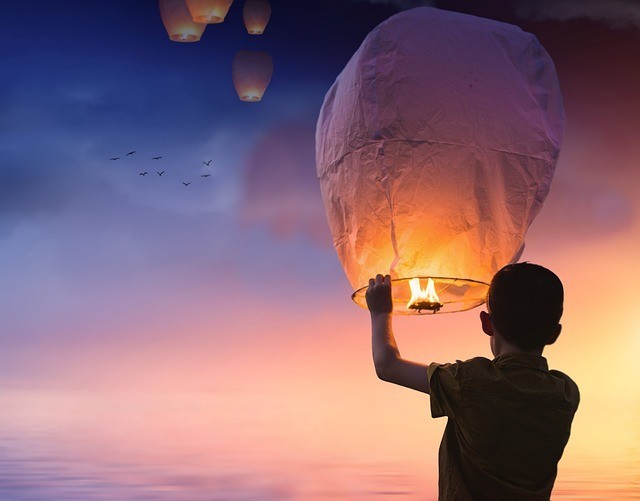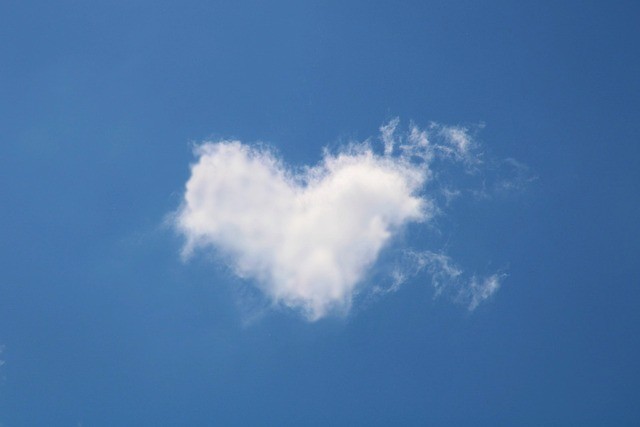views
Have you ever wanted something so deeply that you felt the universe must bend to make it happen?
That’s the starting spark of Disney’s Wish (2023)—a story wrapped in vibrant colors and whimsical music, but with an undercurrent that runs much deeper. It’s not just about magic. It’s about who gets to hold the power to make dreams come true—and what happens when that power is hoarded, given, or taken away.
The kingdom of Rosas is ruled by King Magnifico, a charming figure who promises to keep the wishes of his people safe… but only he decides which ones will be granted. On the surface, it sounds noble. But as the movie unfolds, you realize—this isn’t protection, it’s control.
Asha, our bold and empathetic heroine, sees the cracks in this perfect picture. She dares to ask: "Why should someone else decide which dreams matter?" That question sets her on a journey that challenges the very foundation of Rosas. And it’s here where the film pulls you in—not just with talking animals and catchy songs, but with its clear mirror to real life.

Power, Wealth, and the Audience Effect
Later, the queen tells the king, “Look at the people—Rosas loves you, their handsomest king with all the power to grant their wishes.” This line crystallized an uncomfortable truth for me: power and wealth often need an audience to feel complete. Without people to admire, obey, or serve, power loses its shine. Looks fade in the absence of validation. Fame withers without attention.
This echoes one of humanity’s oldest downfalls—the desire to be like God. Theologians trace Lucifer’s fall to his attempt to claim divine status. Whether in scripture or in daily life, the temptation is the same: control the audience, and you can control the narrative.
Those with power—be it beauty, wealth, or influence—often extract resources from their “audience” to sustain their own sense of worth: time, talent, admiration, trust, and even love.
The Real-Life Echo
That scene resonates because it mirrors something we see every day. When individuals or systems take away our ability to work toward our own goals—whether through oppression, manipulation, or even overprotection—they’re not just withholding opportunities. They’re hollowing out our sense of purpose.
And here’s where it hits close to home.
This isn’t just about politics or big systems. It’s about us. Parents, friends, mentors—sometimes we think we’re protecting the people we love by shielding them from risk or failure. But when we do everything for them, we also rob them of the strength, resilience, and wisdom that only come from stumbling, failing, and trying again.
... I’ll admit—I’ve been guilty of this. Wanting to spare someone pain, I’ve sometimes stepped in too much. But Wish reminds us: love isn’t about keeping people safe from every bump in the road. It’s about walking beside them as they find their own way.
The Heart of the Story
The Creators personal insight of Disney's Wish (2023) reminded us that the act of wishing is not passive—it’s a declaration of belief in something better. But belief alone is not enough; we must nurture it with action and with the courage to share it with others... it's about reconnecting people to their own dreams.
The film affirms that no person is an island; our strength lies in shared hope, mutual respect, and love. It also teaches that dreams are sacred, and when entrusted to someone else, they can either be protected or imprisoned. The creators subtly challenge us to guard our agency fiercely, to resist systems or people who would hold our wishes hostage, and to recognize the quiet strength in helping others achieve theirs.
The magic in Wish isn’t the glittering stardust or the cute, talking goat (though Valentino is a scene-stealer). It’s the idea that the ability to dream—and to act on those dreams—should never be locked away in someone else’s vault.
Because at the end of the day, the most powerful magic isn’t a wand or a spell. It’s connection. The way people come together when they share a purpose. The way courage is contagious. The way one person’s voice can inspire others to speak up.

Why This Matters Beyond the Movie
Wish leaves us with an uncomfortable but necessary question:
Are we holding onto someone’s dream because we think we know better—or because we’re afraid of what might happen if they take the reins?
Maybe the real magic isn’t in granting someone’s wish for them—it’s in giving them the space, the tools, and the quiet faith that says, “I believe you can do this.”
Personal Thought:
On a personal level, Wish reaffirmed something I often share in my own reflections: life’s meaning is not found in the accumulation of power, wealth, or recognition, but in connection—authentic, mutual, and unshakable. The truest kind of influence is not control but inspiration.
Whether you’re a parent, a leader, or simply a friend, our job isn’t to hold someone else’s dream hostage until we think it’s ready. Our job is to cheer them on, walk beside them, and be the safe harbor they can return to when the storms roll in.
And if you’ve been tucking away your own wish, waiting for someone else’s permission to call it worthy—maybe today is the day you whisper back to yourself: “It already is.”

"Love isn’t protecting someone from the journey—it’s walking beside them as they take it."
" The real magic is not in giving the dream, but in lighting the spark to chase it."
© 2025. Shared with love and respect for the magic of Disney’s Wish (2023). All movie characters, scenes, and trademarks belong to their rightful owners. This is simply one friend’s reflection, not an official Disney publication.
Thanks for these photos #IvoKirov, #Noname_13 #Smiln32 @ Pixabay




















Comments
0 comment